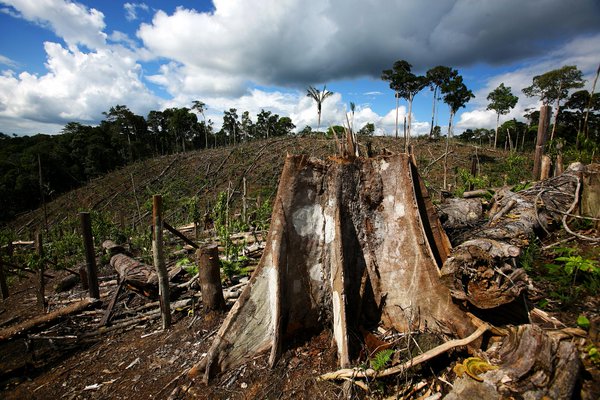Uganda’s environmental journey since her independence in 1962 is marked by significant achievements and challenges, ranging from diverse biodiversity, socio-economic issues, and evolving governance.
In his 1908 book “My African Journey,” Sir Winston Churchill, a former Prime Minister of the United Kingdom, referred to Uganda as the “Pearl of Africa” after his visit to the country, due to its rich biodiversity, exceptional landscapes, and the lasting impressions that left him in awe.
As we celebrate her 62nd year of freedom on October 9, 2024, Uganda has experienced quite a number of environmental impacts, which originate primarily from climate change, deforestation, and population growth, which have greatly affected the natural eco-system, including agriculture, water resources, and biodiversity.
The Early Years: 1962-1980
Uganda was one of Africa’s richest countries in terms of resources in Africa when it gained independence in 1962. The territory had rich soil suitable for cultivation, surplus water, and vast amounts of natural habitat, as well as parks for tourism development. However, the early years were known for political instability.
Milton Obote’s administration was faced with problems, which affected proper environmental governance. Despite this, there was an initial focus on utilizing natural resources to bolster economic growth through agriculture and cash crops like coffee and cotton.
Environmental Decline: 1980-2000
Beginning from the end of the 1970s going into the middle of the 1980s, there was a drastic decline in socio-economic activities, partly attributed to the politics of turmoil and civil war. The instability that prevailed during this period had some adverse effects on the environment because people resorted to bad ways of making ends meet. For instance, the cover of forest was significantly reduced; Uganda lost about 27% of its original forest cover in the period between 1990 and 2005.
The problem of land degradation became rampant, and most lands were affected by soil erosion, which has been costing the economy about 11% of Gross National Income every year.
The effects of climate change started to be experienced, which revised weather patterns by increasing the instances of bad weather, resulting in destruction of the ecosystem and insecurity of food.
Recovery and Conservation Efforts: 2000-2010
After years of turmoil, President Yoweri Kaguta Museveni came to power and normalized Uganda’s political status in 1986. This era witnessed renewed focus in matters of environment conservation and natural resources management. The NRM government devised strategies with the aim of recovering vegetation cover and conserving ecosystems. The creation of national parks became an important activity with national parks such as the Bwindi Impenetrable National Park, which attained UNESCO World Heritage status because of its special biodiversity.
Despite these efforts, challenges persisted. Rapid population growth placed incredible pressures on land resources and resulted in increased pressure on land resources and encroachment of agricultural lands and protected areas.
The management practice, however, was one that described the need for policies but went further to inclusive planning for the people—making them part of the conservation activities.
Recent Developments: 2010-Present
In recent years, Uganda has been trying to have some economic growth without harming the environment. Initiatives have been taken by the government to undertake industrialization in a green way. For example, the establishment of industrial parks has created jobs, which also reduces dependency on imports without greatly compromising the environment.
Still, climate change is a major concern; further change is required to foster resilience to climate change since it is an undeniable fact that Uganda cannot develop without ruining the country’s rich heritage.
The introduction of policies aimed at sustainable land use and forestry management reflects a growing recognition of the importance of environmental health for long-term economic stability.
Community-based conservation initiatives have also gained traction, empowering local populations to take an active role in protecting their environment.
In conclusion, Uganda’s environmental history since independence has been one of great difficulties and great achievements. As the nation faces challenges, majorly brought about by climate change, the government is committed to developing the nation and utilizing the available renewable resources to balance development and environmental concerns so that both the people and nature will flourish.















